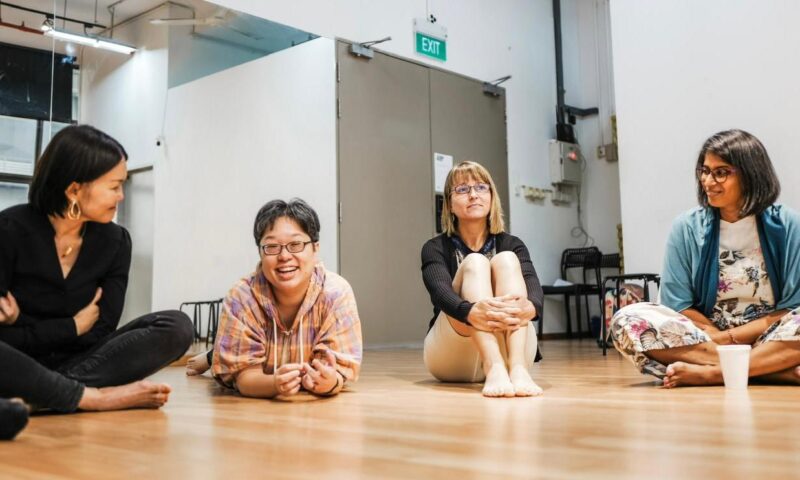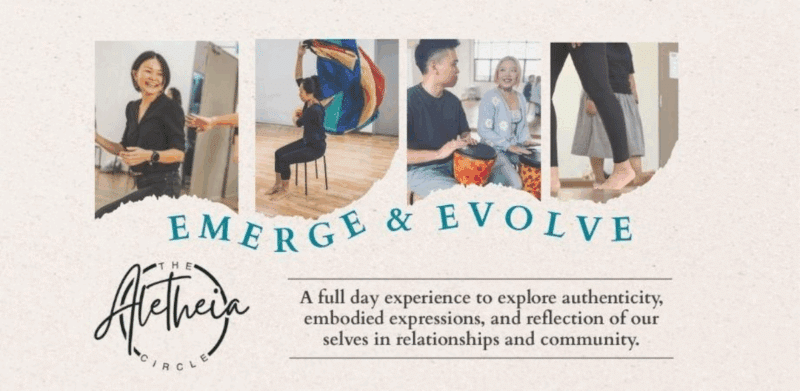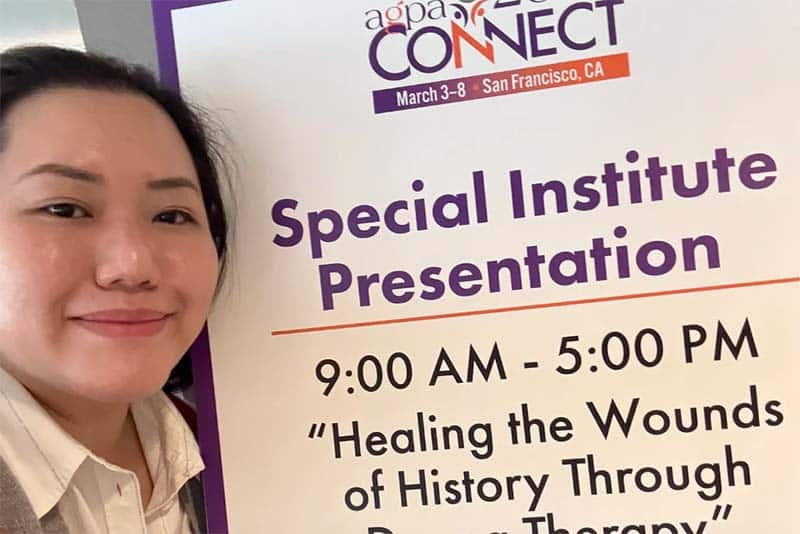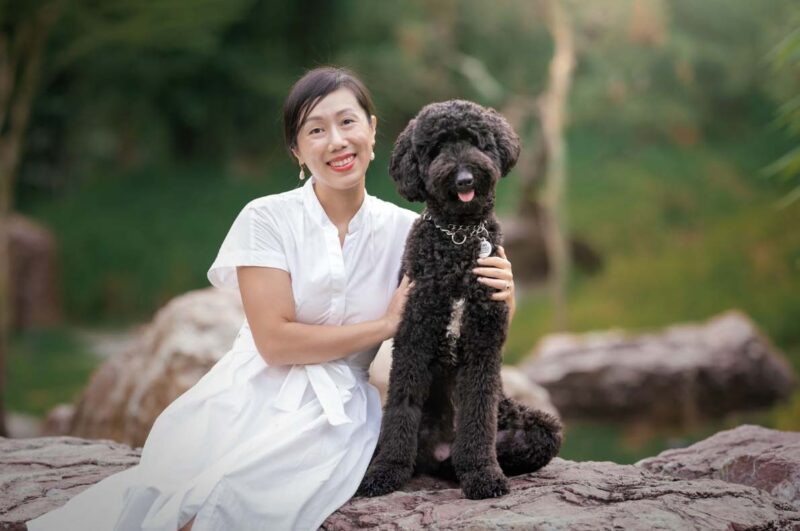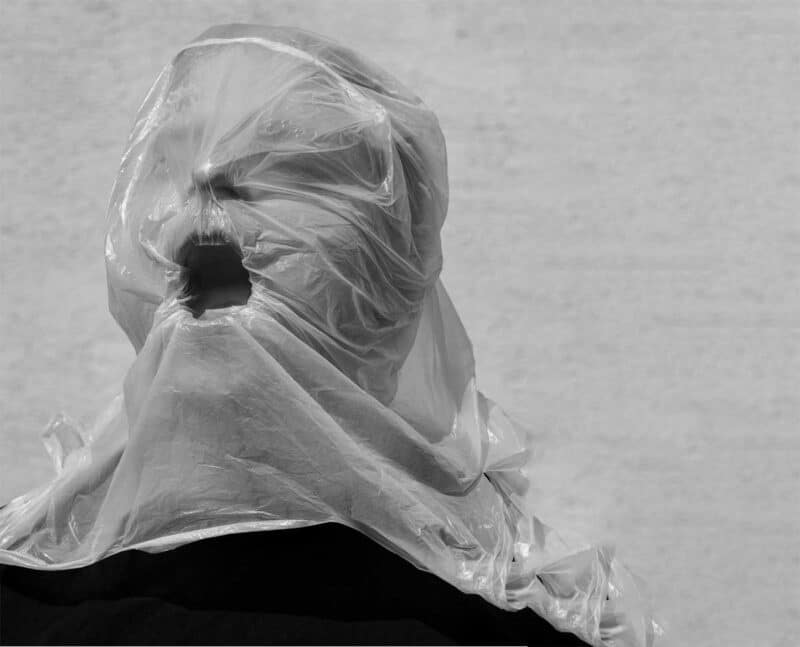The other questions I have long struggled with are what is love and what is obligation? To put it simply and dichotomously, it seems that the West values love while the East values obligation.
I’ve conducted my own informal research in this matter by bringing up the example of Jack and Rose. You know them! The Jack and Rose from the Titanic.
In my understanding, what was so appealing about Titanic was how it beautifully portrayed some fundamental existential themes such as death and limitation, meaning and meaninglessness, isolation when it comes to choice, and of course freedom and responsibility. Rose is confronted with painful choices. Choices becoming more and more urgent as the mighty Titanic, her very foundations, begin to sink! Her choice is between filial piety and authenticity, obligation or love.
How would you choose if you were Rose? Your family pool all their resources to send you to the finest university. Your father has now passed away and you have now a rare fortunate chance to pay them back. You are living the life of a good daughter.
Yet, in the river/ocean of life, you encounter Jack. He shows you that there is more to life than adjustment or functionality, familiar “treatment goals.” He inspires within you a desire to live a life of vitality . . . with a price.
How do you choose? As Titanic sinks, Rose becomes more and more aware that existence cannot be postponed.
Decisions can be extraordinarily painful. We are condemned to freedom and decisions and responsibility are ultimately inescapable.
Filial Piety/Obligation Rebellious Love
Tradition Revolution
Ancient Practical Wisdom Youthful ideals
Head Heart
Family Loyalty Selfishness
Collectivism Individuation
Millionaire Husband (Arranged) Poor Lover (Serendipity)
Eric Jack
But wait, I thought Titanic was just a Love Story.

A (Chinese) Father-Son Relationship
My own love-obligation confusion played out in my own relationship with my father who passed away a few years ago. I had the fortune of being able to spend a month visiting him in the hospital two years prior to his death. He fell and incurred some injuries which required a month of rehabilitation in the hospital. I visited him every afternoon. I went because of obligation and love.
But it felt mostly like obligation.
A big part of me did not want to go because my two hour visits consisted of sitting by his bedside and sharing just a few words. I wish I can tell you that it was a meaningful silence that reflected connection. But honestly, it felt like an obligation because of filial piety. It felt like a waste of time!
Was it love, or was it guilt? Honestly, it was mostly obligation and guilt. My friends would remark, why do you go? If anything, I felt more love and nurturance in my friendships than my familial relationships.
However, Nobel Peace Prize winner Dag Hammarskjold taught me that, “It is our conception of death which decides our answers to all the questions that life puts to us.”
It was not until my father’s death that I came to better appreciate the time spent in the hospital with him. Once again it is Kahlil Gibran who offers insightful words of comfort:
Ever has it been that love knows not its own depth until the hour of separation.
When you part from your friend, you grieve not. For that which you love in him may be clearer in his absence, as the mountain to the climber is clearer from the plain.
I’m grateful for those boring hours even though they were difficult to bear and felt meaningless at the time. The time spent together could have been much better. For a long, long time, I struggled with the wish that it “should” have been much better. Why was there such a disconnection between my father and I?
And here it is the advice offered by one of my colleagues, Myrtle Heery, who helped me to let go of much of my longing. Myrtle shared that her supervisor told her that after a long career of seeing many people and families in therapy, she’s learned that we all have our biological families AND our emotional families and blessed are those few for whom these are the same.
In other words, for the majority of the clients that this seasoned clinician has seen, their emotional families are NOT their biological families. Putting it more crassly, another colleagued offered me the following words of encouragement which he found from a bumper sticker, “If you think you’re enlightened, go visit your family!”
My father is part of my biological family, but not my emotional family.
It took a long, long time for me to be at peace with this. As time passed, I began to accept that the few words were as much intimacy as the both of us could have tolerated at that time. What helped me to grieve his loss was the obligation and love that I was able to show him by fulfilling my filial duties.
I wish that it could have been more.
I wished that I would have gone because I really wanted to, out of love not obligation.
But for me, love and obligation is not so easily distinguished.
Of course I cannot generalize this to all Asian Americans nor all Asians. I’ve witnessed many families which espoused the best of filial piety and love. For them, love and obligation need not be distinguished. Yet for me and I suspect many of us, love and obligation is confusing.
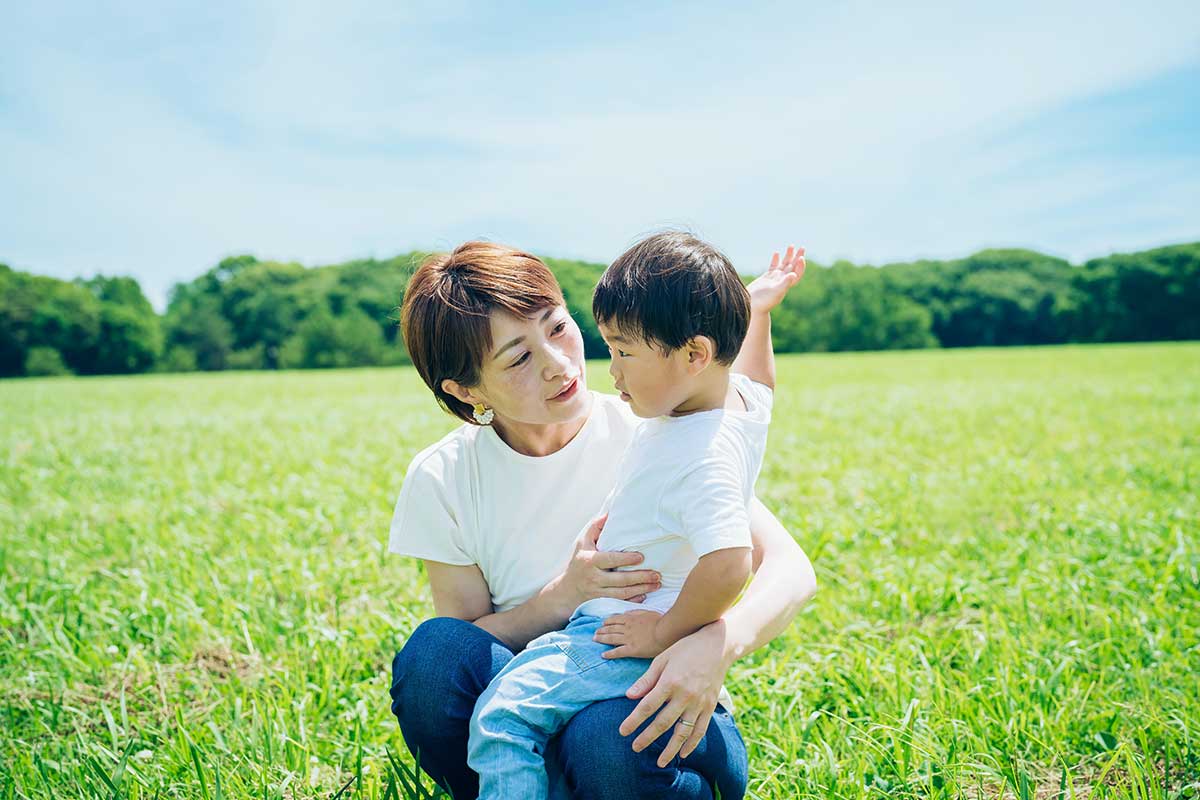
A Mother’s “Unconditional” Love
The Chinese culture is not the only one who struggles with filial piety, obligation and love. Here is a Jewish tale about filial piety.
Once, a long time ago, there lived a poor widowed Jewish mother and her son. By herself, she raised him. He was not a bad boy, but when he was eighteen, he fell in love with a shicksa. Plenty of nice Jewish girls there were in his village. His poor mother told him to stay with his own kind, but youth is deaf and blind and foolish. So … what can I tell you? These things happen. It came to pass that he fell in love with this beautiful shicksa, the unthinking love of the young.
His mother, of course, knew he was troubled (a mother always knows) but she did not know the reason because this foolish boy did not confide in her. Now the shicksa was not serious about the boy, fool that she was. She only played with him. What can you expect from a Christian head?
At last she tired of him. This was his chance to escape back to his mother. But a boy, a fool, what he cannot have, that he must have. He told the girl he would do anything she asked, anything, if only she would marry him.
At last, to be done with him forever, the shicksa made a terrible covenant with him, knowing he would never fulfill it. Not even a goy would ask this in seriousness. But she did not know the fire of this boy’s foolish infatuation.
She told him … she told him … I can hardly bring myself to tell you …, she said to him, “I will marry you only if you cut out your mother’s heart and bring it to me. Only this way can you prove your love.”
The boy was filled with horror. To kill his own mother.… Yet, he must have this forbidden girl.
And so he stole into his own house like a thief in the night. He knelt beside the bed in which his mother slept the sleep of the good, praying that the Lord God would understand and forgive him for what he must do. This ungrateful boy took from his belt a knife from his mother’s kitchen and plunged it into the breast of his poor sleeping mother. He killed her and cut out her heart.
He could feel the warmth of her heart in his blood-stained hands as he rushed from their home to the house of his shicksa. As he ran up the cobblestoned street of their village, with the heart of his mother clutched in his guilty hands, he stumbled and almost fell.
And, as he stumbled, he heard the voice of his mother’s heart speak to him from his hands.
His mother’s heart said, “Be careful, my son.”
That is a mother’s love.
What is your first reaction as you hear this story? What emotions come up for you now? Love, guilt, shame, desperation?
Note the themes in this story: The son’s needs and love versus her mother’s love for her son? What if the mother was able to trust the son and let him go? Would he have killed her still?
How could the son and mother loved each other better? It’s complex. It’s both/and.
And the more I’ve had to chance to listen to the struggles of families here in China, the more I’ve come to appreciate how this Jewish story is also a Chinese story. The often enmeshed relationship between mother and son and the often contentious relationship between wife and mother-in-law.
What is the moral of this story? Does it matter if it’s true?
This is a Jewish teaching story, a myth.
What would sciences say about this myth? Myths are not true, are they? Or are they truer than true?
I would contend that this story may not be objectively true. There was no boy, mother and girl and no Jewish boy have literally cut the heart out of his mother. But as I say this, you know that this is commonplace isn’t it? How often it is that as we pursue our own paths, we disappoint and even devastate the one who loves us. Do we not have their hearts in our hands? And what words do we hear from that heart?
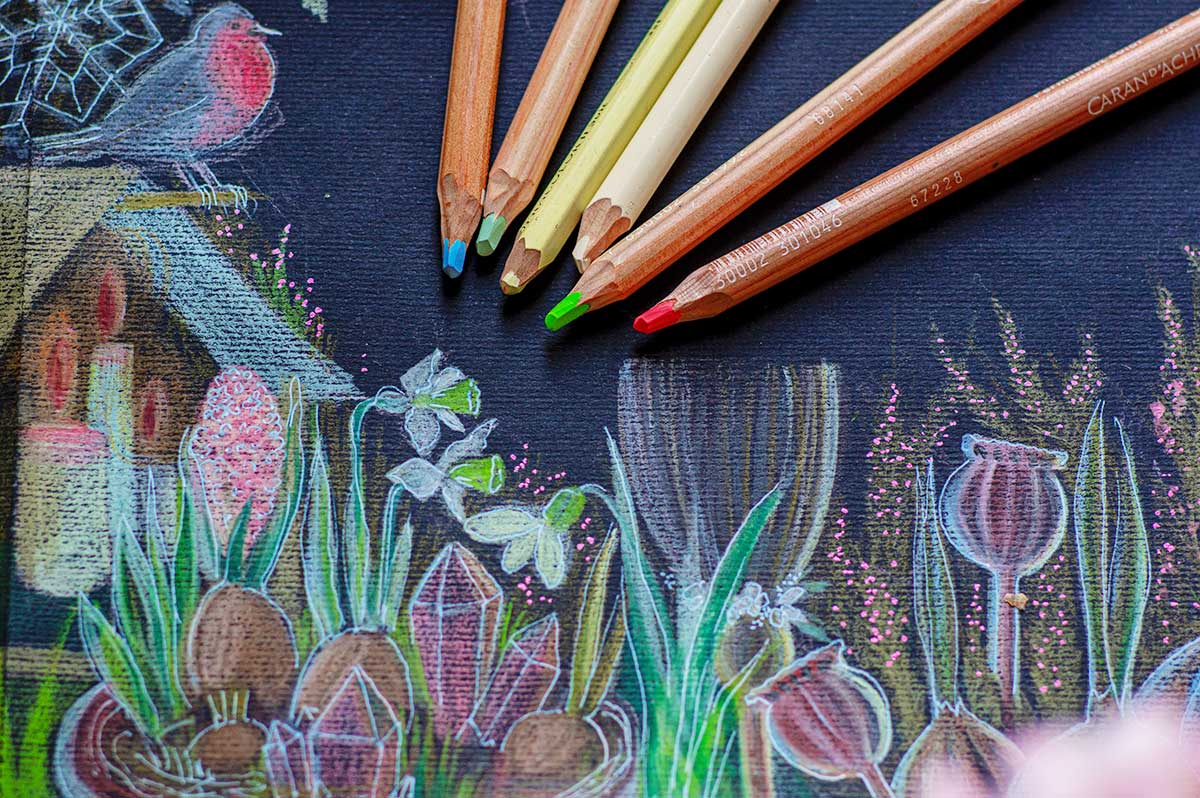
Freedom and Self-Determination
These are the themes that us existential psychologists focus upon in our work. There is no doubting the fact that our past shapes our behavior.
However, the words of Nietzsche reins ever powerful true: “You determine me but you do not define me.” “Beggers can’t be choosers, but I chose not to be a begger.”
Similarly, Victory Frankl in teaching us about freedom states:
It is not freedom from conditions, but it is freedom to take a stand toward the conditions.
Victor Frankl in his book Man’s Search for Meaning wrote of what he witnessed in the German concentration camps of WWII. From both guards and prisoners, he saw some behave as swine while others behaved like saints. Some of the most brutal foreman were selected from the ranks of the prisoners. At the same time, the prisoners were profoundly moved by the smallest kindness received from a few of the guards.
Man has both potentialities, good and evil, within himself; which one is actualized depends on decisions, not conditions. After all, man is that being who invented the gas chambers of Auschwitz; however, he is also that being who entered those gas chambers upright, with the Lord’s Prayer on his lips.
Ultimately in conclusion, we are all shaped by our destinies.
Mine is that I was born of parents from China who immigrated to Taiwan and then the United States.
I am caught between two cultures.
I live in the tension between the East and the West. I know of the autonomy and love that I’ve witnessed and experienced from the West. At the same time, I also live the Chinese-American dream because of the sacrifices my parents have made in their own lives.
I know love and I also know guilt. It is not so clear to me which is what sometimes.
I am from both the East and the West. Nevertheless, what existential psychology has taught me is that ultimately, I am the uncontested author of my own life.
Yes, the choices I make impacts my family and I can never be separated from them. But at the end, it is still my own choice that no one else can make for me. This is the truth of existence as I’ve learned so far from both the East and the West.
About the Author
Mark Yang, PsyD is an American licensed clinical psychologist and is actively involved in the training and supervision of psychology students from the Existential-HumanisticPerspective throughout Asia.
Dr. Yang is the author of the book Lighting the Candle: Taoist Principles in Supervision Conducted from an Existential-Humanistic Perspective. He is also the editor of the book Existential Psychology and the Way of the Tao: Meditations on the Writings of Zhuangzi and the co-editor of the books Existential Psychology: East-West Volumes 1 & 2.
Dr. Yang was born in Taiwan and immigrated to the United States when he was nine years old. He is also a dog and cat lover.



